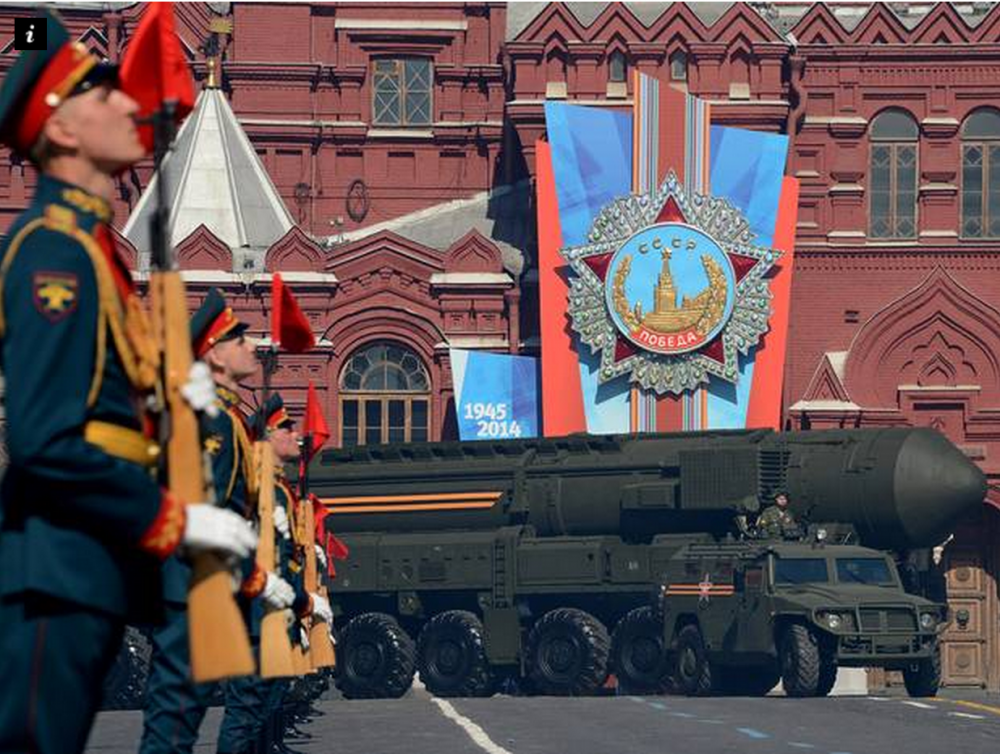It took dozens of years after World War II to make International law the instrument for maintaining peace wherever possible. International law does not foresee a mechanism of forced responsibility for a country for violating the upon rules as long as the country can survive independently from the rest of international community. It must be in the good will of the country to participate in negotiations.
Nowadays, International law is being constantly violated by such a “self-sustained” country as Russia and there are not many means to stop this violation. Thus, the reliability of International law comes under question. The behavior of Europe’s strategic partner is unpredictable. Even if the agreement is achieved, can we be certain that it will not be violated the next day? This leads to worldwide peace being threatened.
In the 1930s, violations of International law led to a failure of the established international order, and that resulted in a devastating war. People who lived through the war did not want it to repeat. The struggle for peace made all enemies sit down at the round table and think how they can be interdependent on each other in order to find mechanisms to cooperate and not compete. Therefore, these states gave up parts of their sovereignty, they gave up some of their functions which they can now regain, under the necessity to defend themselves from an aggressor.
Is that what the people who support Russia or/and are against a united Europe want? Do they want adrenalin in their blood because life in a prosperous Europe that protects human rights is too boring? Young anti-Europeans do not realize what their parents went through to establish peace; they do not understand that if war strikes again it will knock in their door as well, and there will be no family left in Europe who will not see a loss of its members.
All parties have to participate in the negotiations now. If they do not show interest in resolving the conflict on the highest level, it is the civil society’s and professionals’ task to help out. International lawyers and journalists should be involved first of all. They should work out the argumentation for a united Europe, analyze negative consequences that would emerge from a “split Europe,” and develop a strategy for involving Russia into preserving peace in Europe. A professional conference of international lawyers would indirectly involve all interested parties into the negotiations. It would be a way to find out what the parties want, how they see the future, and what they can do to avoid millions of possible next-war’s victims in Europe.
Marta Barandiy, PhD, author of thesis “Sovereignty as securing the interests of states. Aspects of International and European Law”







